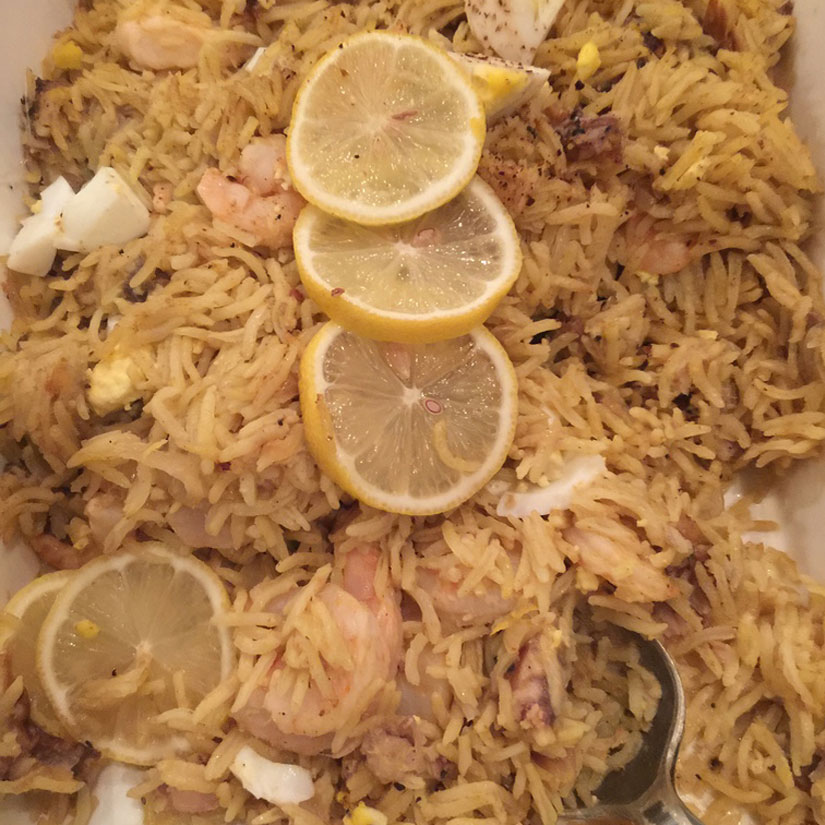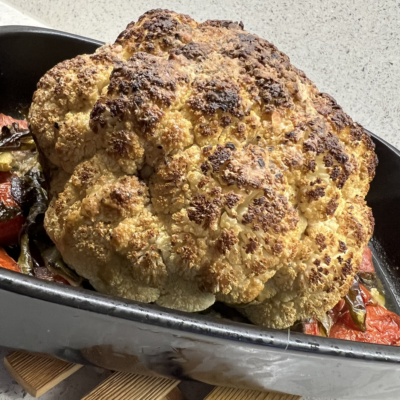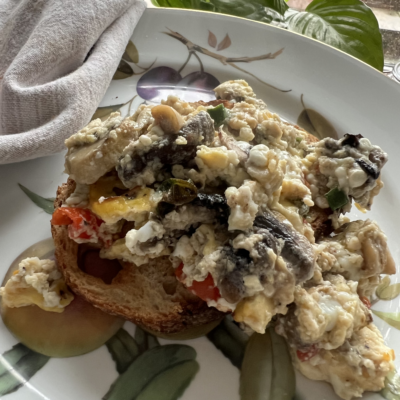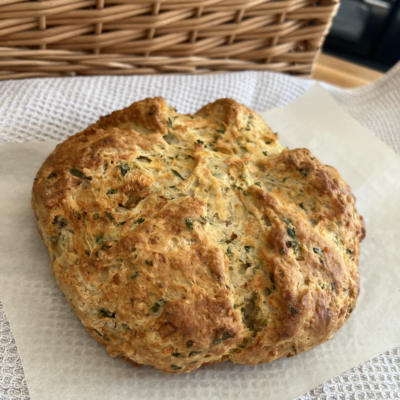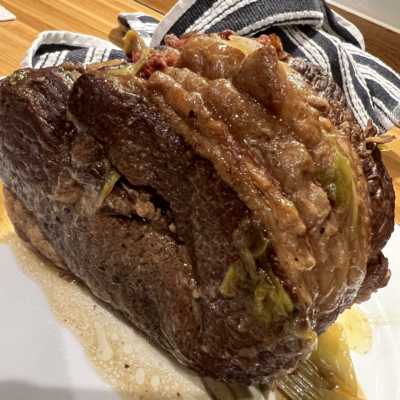Quick Curried Kedgeree
A very English Victorian breakfast, steeped in British and Indian history.
This delicious, savoury rice dish is considered a traditional British food though, in fact, it originated in India. With curry and rice, eggs, and smoked fish, it is easy to see the Indian influence running through it.
Kedgeree began its life in India known as KHICHARI, a dish of rice and lentils, which became very popular by the early colonist, who adapted the recipe to suit their tastebuds, adding a few of their favourite ingredients and formulating the kedgeree we love today.
Traditionally always for breakfast, however, nowadays more for the weekend brunch, main lunch or as a light evening dinner.
Ingredients
-
1 large onion- finely chopped
-
30g of butter (large knob)
-
1 tbsp good quality curry powder- Madras
-
400g Basmati rice
-
500ml chicken stock- vegetable stock or water
-
250ml cream
-
400g smoked fish- smoked haddock, smoked mackerel or kippers
-
400g cooked prawns- (if frozen - defrost)
-
2 fresh lemons- juice only
-
4 eggs- hardboiled and fresh for garnish
-
Garnish
-
Fresh lemon wedges- quartered
-
Hardboiled eggs- quartered
Instructions
-
01 Melt butter in a large pan. Add onions, soften and then add the curry powder. Tip in the rice and stir to coat in the butter. Pour in the hot stock and bring to the boil. Stir once and boil for 5 minutes, then cover the pan with its lid and continue cooking the rice on the lowest possible heat for 15 minutes.
-
02 While the rice is cooking hard-boil the eggs for up to 10 minutes. Immediately immerse in cold water to halt further cooking. Remove the shell once cooled and roughly chop.
-
03 Flake the smoked fish into a large mixing bowl, add the prawns, lemon juice, cream and mix gently.
-
04 Add the cooked rice to the mixture, season well with salt and freshly milled pepper, and add the eggs.
-
05 Now place in a buttered serving dish, cover with buttered foil and cook for thirty minutes.
-
06 Garnish with fresh lemon, hard boiled eggs.
Notes
This is a wonderful traditional English breakfast dish. Keeps well if made the night before and gently re-heated, covered with tin foil, in the oven (or can be re-heated quickly uncovered in the microwave). For perfect eggs remember to immerse immediately in iced cold water after cooking to prevent a black rim around the yolk and add a splash of vinegar to the water during cooking - if the eggs crack the vinegar will help to seal the shell.


